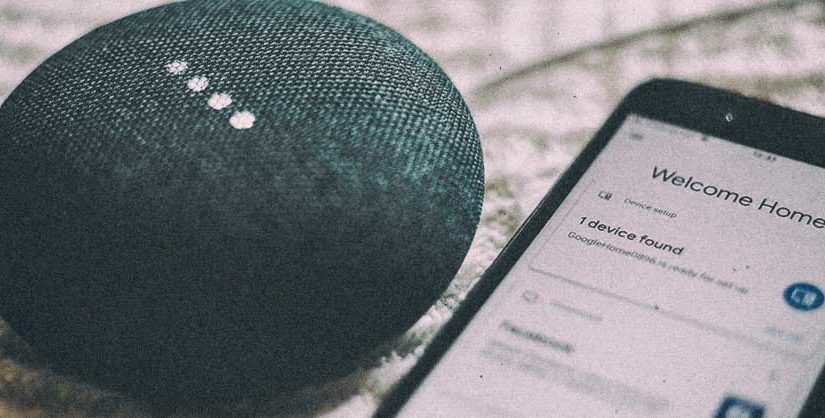You may have heard of natural language generation - NLG - and if not, you’ve certainly heard of Alexa or Siri. What is NLG, and how can you ensure your content succeeds in the future of search engines?
What is natural language generation?
Have you ever wondered what process happens between you asking your Amazon Echo a question and Alexa answering you? That process is NLG. The aim of natural language generation is to enable AI assistants to search on behalf of the user and answer questions in a way that emulates a more human way of speaking.
It does this using pre-defined data - which means that the way people phrase questions ultimately has an influence on how the voice assistant responds. The computer systems continually improve on these processes, much like Google is always improving the experience of using the search engine.
The global voice assistant market has grown at a staggering rate over the last few years, with a forecast to grow several billion by 2023. With its convenience and speedier search results, it has become a regular part of people’s daily lives.
With its convenience and speedier search results, it has become a regular part of people’s daily lives.
Voice search has already affected SEO and will continue to in the future because of its grounding in natural language. Because of NLG, interactions with voice assistants emulate a conversation, which is why you should always reflect this in your content.
What do voice assistants have to do with readability?
The rise of NLG tech and voice assistants have increased the need for great website readability. Here are just some reasons why.
1| Google voice search results prefer your content to be snappy.
It’s more important than ever to check your content for readability for SEO. A study by backlinko revealed voice search results averages at 29 words in length.
This means that whilst generally, Google will favour long-form articles, it will pick out a small passage in your text which is the most relevant.
For good readability, try to stick to a ‘one point per paragraph’ approach.
For more tips on creating content that looks after your audience, check out our readability primer for the Content Marketing Institute.
2| Google cares if your content is simple and easy to read.
The same study revealed that the average voice search result is written at a 9th-grade level. This is within our recommended Flesch-Kincaid grade level between 8 and 10 and is readable for the general public.
Remember that readability is about opening up your content, not dumbing it down. Although education levels have a part to play, that’s not what readability is all about. Even well-educated people respect content that is easy to understand.
Remember that readability is about opening up your content, not dumbing it down.
This is because they find convoluted content to be a waste of time.
Try to avoid jargon in your copy and remember that people generally like to read a couple of grade levels below their education level. Set your readability target accordingly.
In addition, make sure you’re not using difficult words where simple ones will do. This is especially important for voice search, as it’s crucial for bots to be able to pronounce your word choices properly.
3| Voice searchers are looking for a quick answer.
Because interacting with an AI assistant isn’t the same as scrolling through a SERP, the convenient nature of voice search makes it more important than ever to get to the point.
This means that because the user isn’t looking at Google for the most appropriate answer, you need to be competitive and fight for that #1 ranking.
The human brain is what influences Google’s algorithm. Pay attention to semantics and note the conversational nature of voice search - anticipate questions users may have about a topic.
Once you’ve done that, you can answer these questions to improve UX. It is the astonishing improvement to UX which makes readability rank.
It is the astonishing improvement to UX which makes readability rank.
To make sure your content is easily read by 80% of Americans, try a free readability test to see how we can help you reach voice searchers. They are the future.


